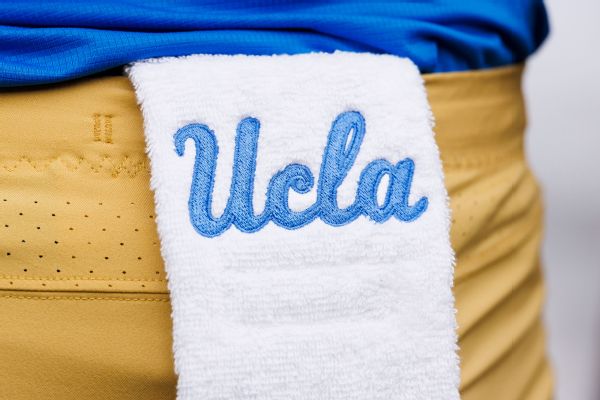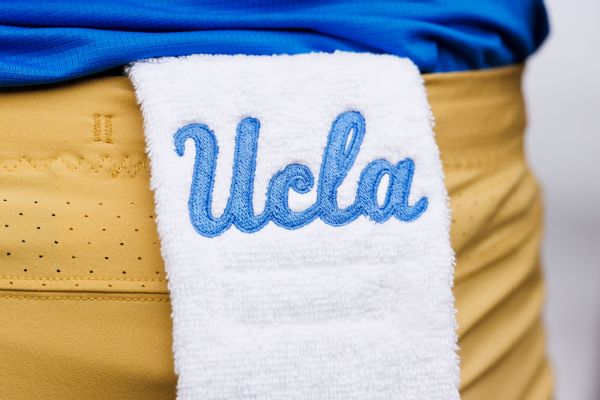
MERCED, Calif. — UCLA could pay the University of California at Berkeley $10 million a year for three years instead of six as a result of the Bruins’ upcoming move to the Big Ten and the demise of the Pac-12.
The University of California Board of Regents special committee on athletics voted 7-1 during a meeting at UC Merced on Tuesday to cut down the length of the payments. UC president Michael Drake recommended six years in a report going into the meeting.
The matter — nicknamed “Calimony” by UCLA and Cal supporters — will come up for a vote by the full Board of Regents on Thursday.
If there is a significant change in revenues and/or expenses for either school, exceeding 10% over 2024-25 projections, UCLA’s contribution can be reevaluated by the regents.
In order for the Regents to affirm UCLA’s move to the Big Ten in December 2022, the university agreed to pay UC Berkeley between $2 million and $10 million because of how the move would affect the Cal athletic program.
Cal agreed to join the Atlantic Coast Conference last year after the Pac-12 couldn’t negotiate a media deal, causing eight of its members to leave.
Besides increased travel costs, Cal will have a reduced share of the ACC’s media rights deal.
According to a report by UC’s president, the difference between UCLA’s annual media rights distribution from the Big Ten and UC Berkeley’s share from the ACC will be approximately $50 million per year.
UCLA and the University of Southern California announced on June 30, 2022, that they were leaving the Pac-12 for the Big Ten. USC is private and not part of the UC system.
The Regents became involved shortly after the announcement when Democratic Gov. Gavin Newsom criticized UCLA’s move because chancellor Gene Block and athletic director Martin Jarmond did not give advance notice to the regents.
In 1991, campus chancellors were delegated authority by the UC Office of the President to execute their own contracts, including intercollegiate athletic agreements. But the regents heard during an August 2022, meeting that they retain the authority to review decisions impacting the UC system, meaning they could affirm, overturn or abstain from following up on UCLA’s decision.
The Regents voted four months later to let the move go ahead. Besides the payments to its sister school, UCLA agreed to make further investments for athletes, including nutritional support, mental health services, academic support while traveling and charter flights to reduce travel time.











